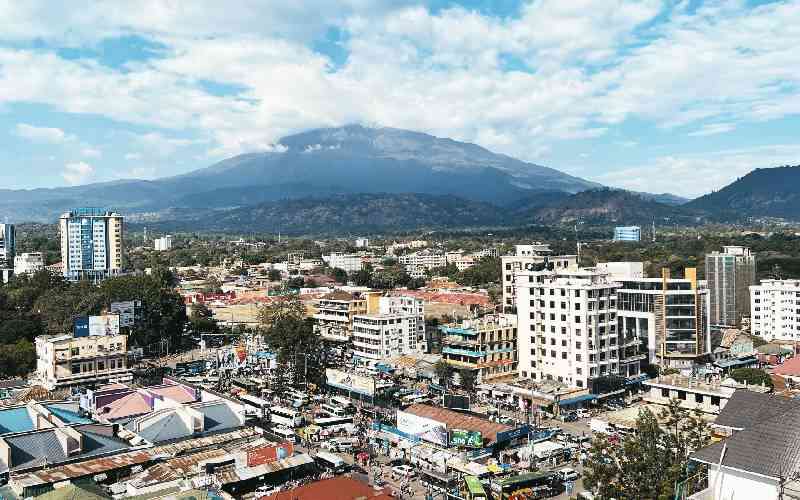×
The Standard e-Paper
Kenya’s Boldest Voice

I was in Arusha this week, after some 16 years.
My memory of the township remains hazy - we had been on assignment, by road, with colleagues - and our border crossing was prologued by a brawl because our designated driver couldn't leave the pub and the immigration office was minutes away from closing.